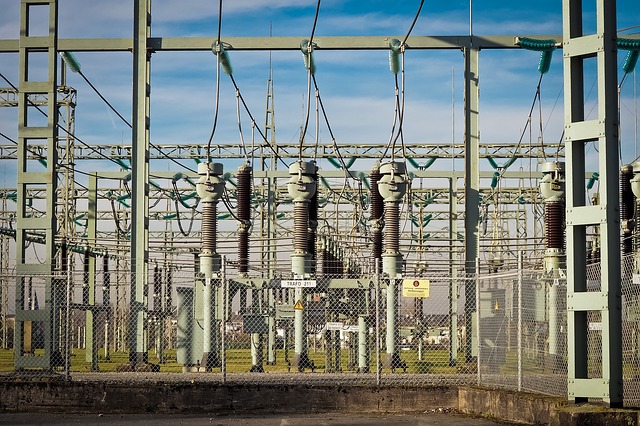PURO YELLOW ALERT? Think-tank says a power crisis might occur
- April 2, 2019
- 0

“A third yellow alert in the span of a single month should serve as warning to government that the Luzon grid clearly has no sufficient operating reserve to get us through the summer months. Without a sufficient operating reserve, we are opening the public to higher power rates through the spot market. This is clearly unacceptable and raises concerns on whether we are headed to a power crisis,” said Terry Ridon, Infrawatch convenor and former member of the House energy committee.
Ridon said the public should not pay for the spot market rates due to forced outages, like what occurred in late 2013.
“Today’s forced and unplanned outages reached 1,646MW, and certainly, the expensive spot market will be relied upon to generate the supply deficit. It should be the policy of President Rodrigo Duterte’s government that the costs for these forced and unplanned outages should not be borne by the public but by the involved power generators,” he said.
Ridon said that that there are still generating plant approvals in the Energy Regulatory Commission (ERC) and the Luzon grid supply remains flat due to delayed approvals..
“Worsening the power supply situation are the numerous unresolved power supply agreements at the ERC and the courts. Given the currently very tight supply situation at the moment, this should compel the ERC and the courts to see the urgency of resolving all of these pending applications before them,” he said.
“Certainly the President would not look kindly on these delays, especially if it would lead to another round of crisis similar to the recent issues on water,” he added.
Ridon called for the DOE’s plan to resolve the tight power supply situation.
“Moreover, the public should be informed on the current inventory of generating plants, as many plants are already on its way towards decommissioning, while only a handful are being built for the future,” Ridon said.
He said all of these are needed to avoid the power crisis that might occur in the country.
“With the very forceful handling of the President on the water crisis, our energy agencies should be very wary in reaching a similar situation on power,” he said.